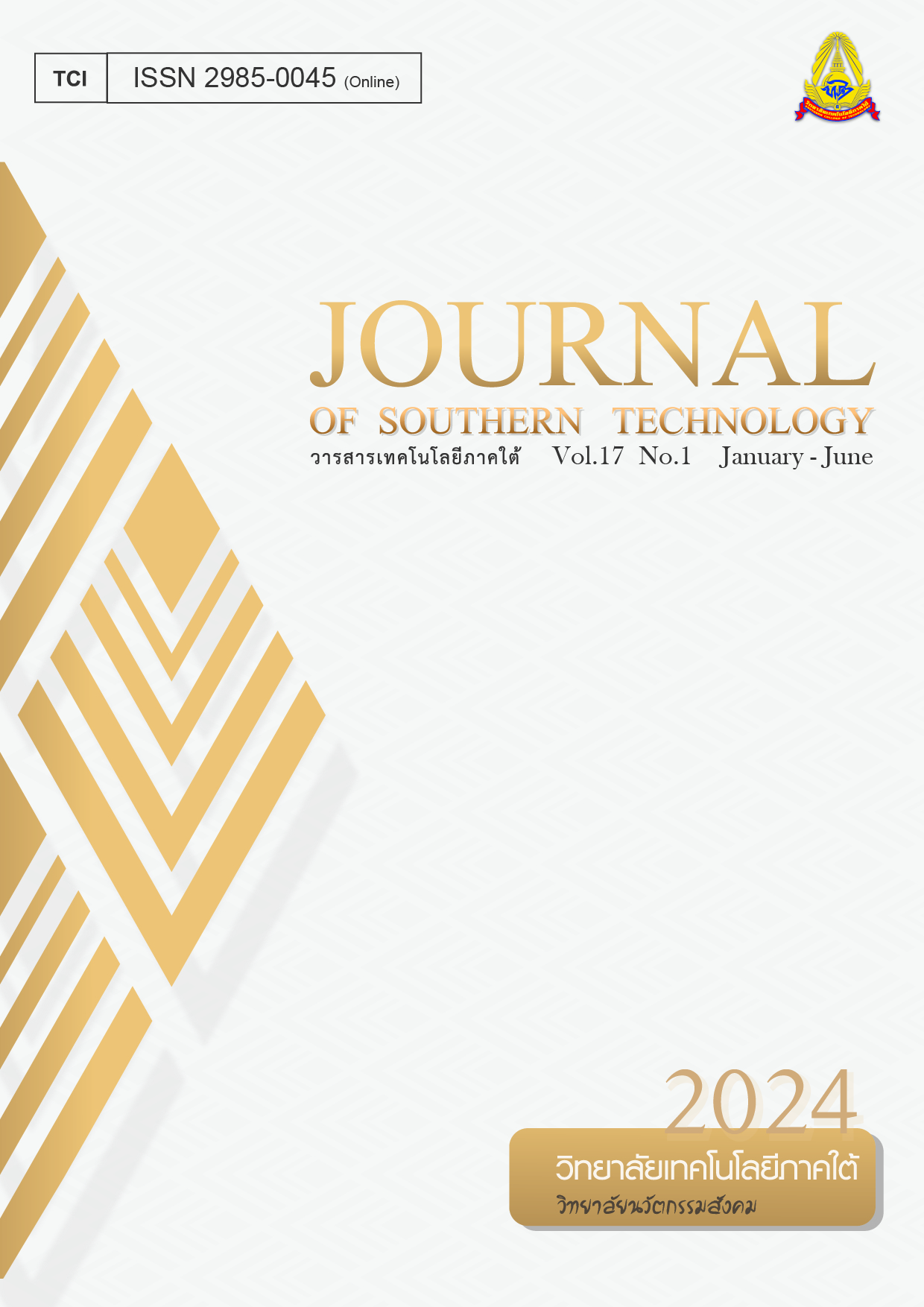Teaching Japanese as a Foreign Language: Challenges of Thai Teachers of Japanese
Main Article Content
Abstract
Japanese has been a foreign language which plays an important role in Thailand for many years. This is due to the strong connection between Thailand and Japan since World War II in economic, social, and political aspects. Now, Japanese language is even more important as there is an increasing number of business investments in the country. Thus, Japanese language teachers, be they Japanese or Thais, are playing a more crucial role in Japanese language teaching and learning. In addition to knowledge, understanding, and proficiency in Japanese language, they are also required to have teaching management skills for effective learning development which gives top priority to learners’ oral communication, more use of Japanese than Thai in class. In addition, the teaching activities can be informal and based on real-life contents, role play activities, and practical teaching topics.
Article Details

This work is licensed under a Creative Commons Attribution-NonCommercial-NoDerivatives 4.0 International License.
-
Authors must agree to the journal publication rules and allow the editors to edit the manuscripts for publication.
-
Author’s right belongs to the author but Journal of Southern Technology holds the right of first publication and thus allow readers to use the article for the purpose of education but not commercial.
References
Chonsuk, D. (2020). 20 Essential Skills for Teachers in the 4.0 Era. Retrieved April 19, 2022 from https://www.matichon.co.th/education/news_1890713. [in Thai]
Department of Tourism. (2022). Statistics of Foreign Tourists Entering Thailand 2020. Retrieved March 19, 2022 from https://www.mots.go.th/more_news_new.php?cid=593. [in Thai]
Fukushima, Y., Numtong, K., & Na Ranong, S. (2013). The popularity of learning Japanese and Chinese languages among KU students: How are their motivation different. Journal of Japanese Studies, 30(1), 27-40.
Gomaratut, S. (2005). The Comparative Study of Teaching Culture on Japanese Language as the second Language between Thai Universities and Japanese Universities (Research Report). Bangkok: Dhurakij Pundit University. [in Thai]
Janthavarin, S. (2018). Does Speaking More than one Language Really Make your Brain Sharper?. Retrieved March 19, 2022 from https://www.psy.chula.ac.th/th/feature-articles/bilingual-advantage.
Krashen, S.D. (1982). Principles and Practice in Second Language Acquisition. Oxford: Pergamon Press.
McKeown, R. (2002). Education for Sustainable Development Toolkit. Tennessee: Energy. Environment and Resources Center: University of Tennessee.
Ministry of Education. (2008). Basic Education Core Curriculum 2008. Agricultural Assembly of Thailand, Nonthaburi. [in Thai]
Office of the National Education Commission. (1999). National Education Act 1999. Retrieved March 19, 2022 from https://person.mwit.ac.th/01-Statutes/ NationalEducation.pdf. [in Thai]
Panich, V. (2017). Ways to create learning for students in the 21st century. Walailak Journal of Learning Innovations, 1(2), 3–14. [in Thai]
Scbfoundation. (2022). FEATURES Good Teacher 4.0. Retrieved July 8, 2022 from https://www.scbfoundation.com/media_knowledge/knowledge/292. [in Thai]
Sprachcaffe Languages PLUS. (2022). Top 10 Languages That Thai Students Should Study for a Bright Future. Retrieved March 20, 2022 from https://www.sprachcaffe.com/thai/magazine-article.
Thai News Agency. (2022). Results of a Survey of Investment trends of Japanese Joint Venture Companies in Thailand in 2020. Retrieved March 19, 2022 from https://www.jetro.go.jp/ext_images/thailand/pdf/

